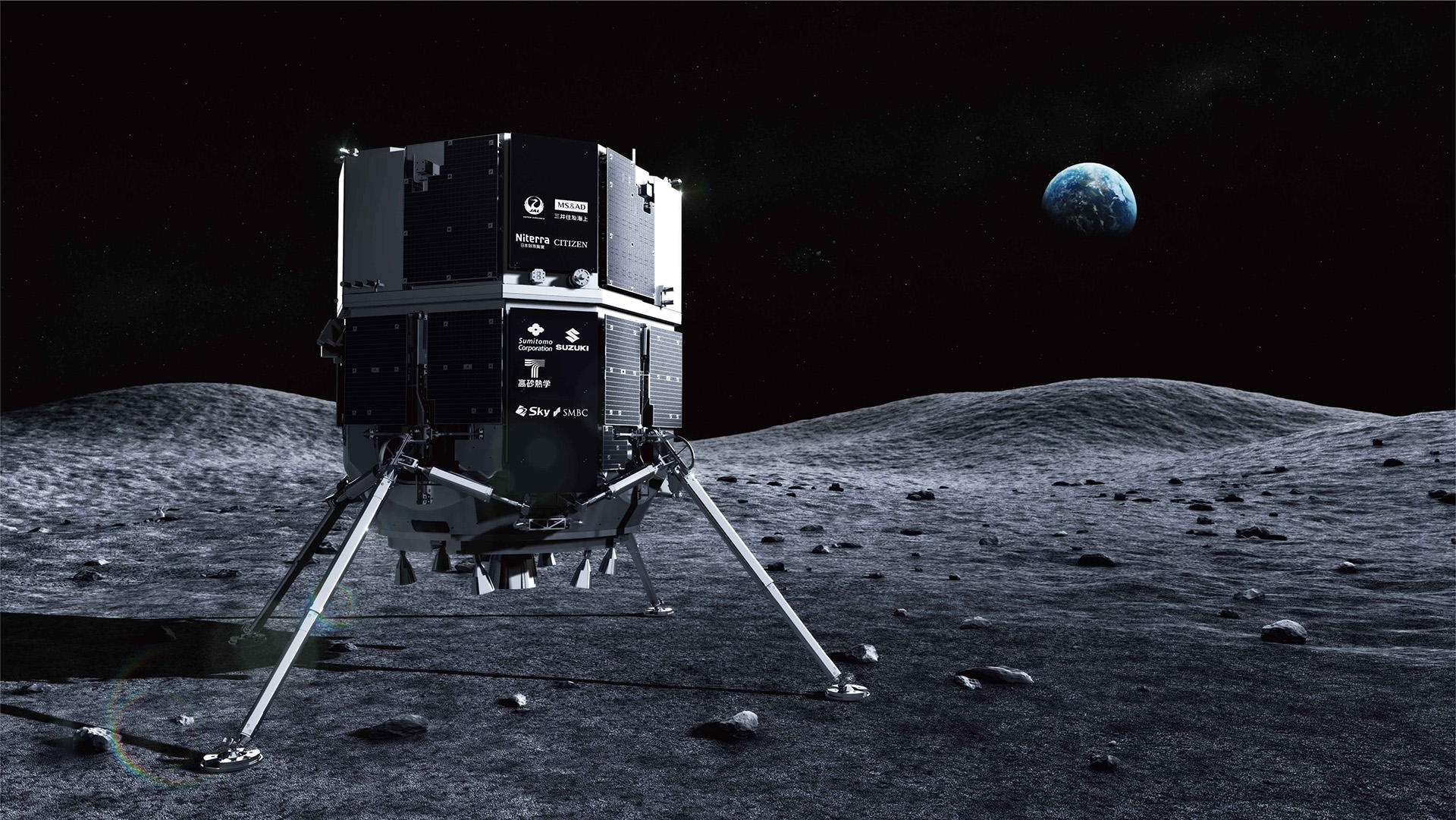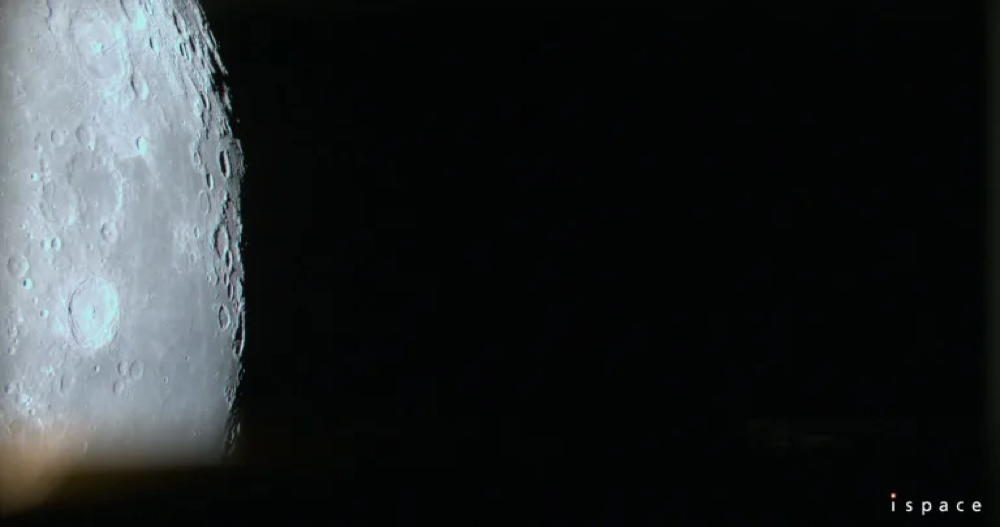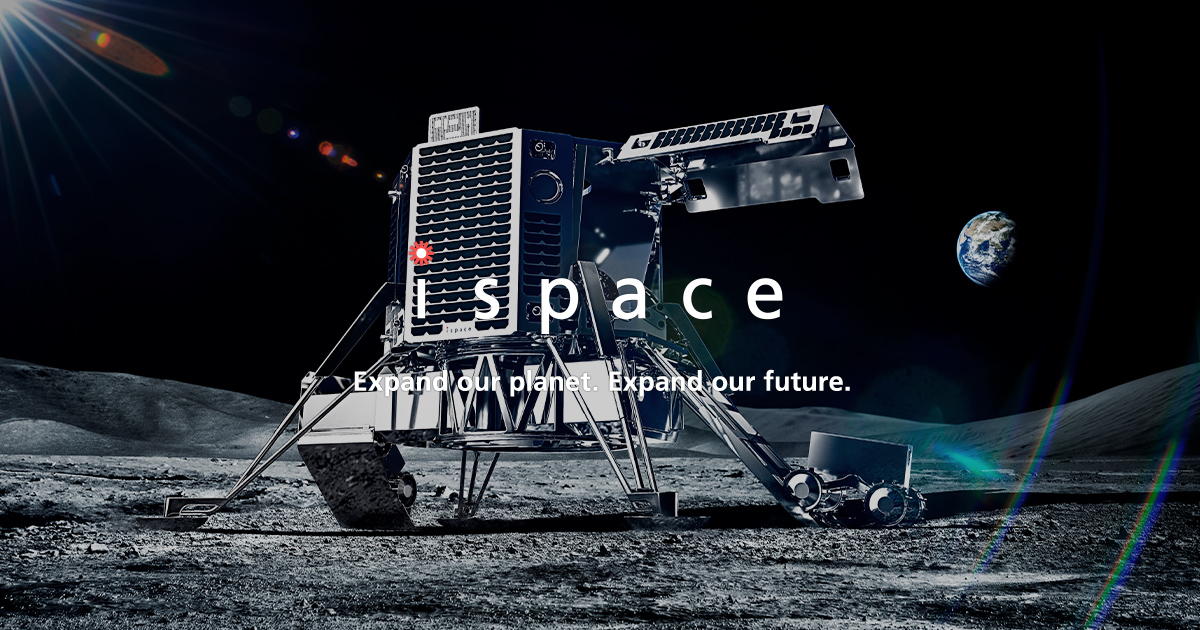Japan Start-Up iSpace Prepares First Commercial Moon Landing

Japanese start-up ispace prepares to attempt first-ever commercial lunar landing on Tuesday with M1 mission
Japanese start-up ispace is preparing to make what could be the first-ever landing by a private company on the Moon on Tuesday, with its Hakuto-R Mission 1.
The firm launched M1, as it is called, aboard a SpaceX Falcon 9 rocket last December and the module has been in orbit at an altitude of 100km over above the Moon since last month.
The lander, standing just over two metres tall and weighing 340 kilogrammes, is set to begin its hour-long landing procedure at 1640 GMT on Tuesday, or 1:40 a.m. on Wednesday, Japan time.
The lander is currently moving at nearly 6,000km/hour (3,700 mph), from which it must slow down to make a soft landing.

‘Soft landing’
At a media briefing on Monday ispace chief technology oficer Ryo Ujie likened this process to “stepping on the brakes on a running bicycle at the edge of a ski-jumping hill”.
Only the US, the former Soviet Union and China have soft-landed a spacecraft on the moon – defined as one which avoids damage to the lander.
Recent attempts by India and private Israeli firm SpaceIL ended in failure.
ispace has announced three alternative landing sites and could shift the descent date to tomorrow or early May depending on conditions.

Mare Frigoris
The firm is currently planniong a landing on the edge of Mare Frigoris, in the Moon’s northern hemisphere, where the M1 is to deploy a two-wheeled basedball-sized rover developed by Japan’s space agency JAXA, Japanese toymaker Tomy and Sony, as well as the United Arab Emirates’ “Rashid” rover.
In addition ispace wants to monitor the performance of an experimental solid-state battery on board the M1 made by NGK Spark Plug, among other objects.
In a second mission planned for next year ispace is planning to attempt another lunar landing and the deployment of its own rover, while from 2025 it is to work with US space lab Draper to bring NASA payloads to the Moon.
The firm wants to build a permanently staffed lunar colony by 2040.

‘New era’
ispace made a successful market debut on the Tokyo Stock Exchange this month as investors bet the company’s approach would reverse recent setbacks to Japan’s domestic space industry.
The Japan Aerospace Exploration Agency (JAXA) last month lost its new medium-lift H3 rocket in a forced manual destruction after it reached space, less than five months after its solid-fuel Epsilon rocket failed to launch last October.
Earlier in April ispace chief executive Takeshi Hakamada said he hoped the landing would mark “the beginning of a new era of commercial lunar missions”.